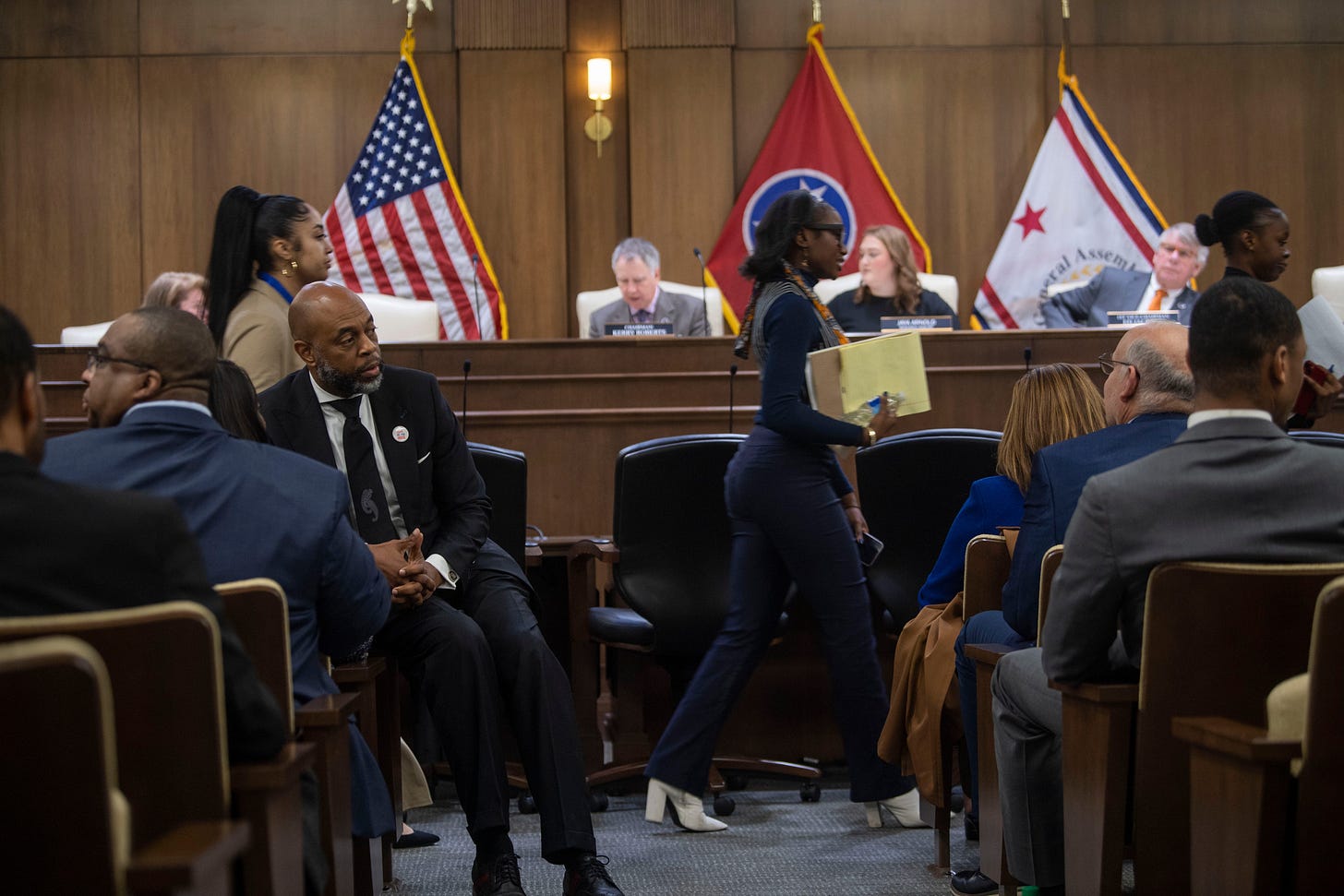Inside Higher Ed: Lawmakers Move to Reconstitute an HBCU’s Board
From Insider Higher Ed …
Six years after Tennessee restructured oversight of most of its public universities by ending a statewide governing board, its Legislature is on the verge of dissolving Tennessee State University’s Board of Trustees amid dissatisfaction over how the historically Black land-grant institution is being overseen.
Pamela Brooks Martin, vice chair of Tennessee State’s Board of Trustees, spoke in a quivering voice during her statement to a Senate committee.
“If I sound a little shaky this morning, it’s because this is a hard pill,” Martin said. She noted that the board has worked tirelessly to address the issues highlighted in the first hearing last February and urged lawmakers to extend the current board in order to allow continued progress.
“The board heard you, and we listened when we received the report. We’ve done everything the General Assembly has asked us to do,” she said. “I say all this to say we hear you. We’re working to make these changes, and we’d appreciate you hearing us and allowing us more time.”
State Senator Charlane Oliver, a Democrat whose district includes the Tennessee State campus, wore a blazer in the university’s royal blue to show her allegiance. In her statement at the hearing, she said the decision was “too important” to be “swept under the rug as if we’re just vacating the board.”
She said the university and its students have persisted despite decades of problematic relations between the university and the Legislature and underfunding by the state. The case in Tennessee reflects a larger trend of underfunding for historically Black land-grant institutions across the country, to which the Biden administration issued its own call to action in September.
“I’ll be the first to say that students, faculty and alumni have a right to feel slighted and frustrated,” Oliver said. “The Legislature, the very body that has been responsible for underfunding Tennessee State, is making allegations, harsh ones, about the way TSU is running its business.”
But she also acknowledged the shortcomings of the university, saying the consequences of limited dollars are “felt all over campus.”
“Don’t get me wrong. There are real issues at TSU. I think we all agree with that,” Oliver said. “But in my opinion, the best way for the university and Legislature to get there is by working together … In a real partnership, both sides share success and recognize the shortcomings.”





